
In the Bhagavad-gita’s first chapter, Arjuna expresses apprehension about going to hell (01.43). His mention of an afterlife indicates that he knows about the soul.
In fact, while hearing Krishna’s Gita message, Arjuna consistently demonstrates a significant level of philosophical knowledge. For example, he asks Krishna to explain six terms common in sankhya (13.01). As Krishna hasn’t mentioned several of those terms even once till then (e.g. kshetra and kshetra-jna), Arjuna’s questions indicate his prior familiarity with those terms.
Such familiarity is to be expected given that Arjuna lived in a culture that was spiritually informed and oriented. Sages dedicated to cultivating spiritual growth are a respected and repeated presence in the Mahabharata, the epic that chronicles Arjuna’s life. Moreover, Arjuna himself actively participated in that culture, as indicated by his statement that he had heard about the afterlife from wise sages (01.43).
When Arjuna already knows about the soul, why does Krishna begin his Gita instructions by speaking about the soul for some twenty verses (02.11-30)? That’s a significant number considering that Krishna speaks less than six hundred verses.
To answer this question, let’s consider what Krishna speaks about the soul. He explains that the soul is not just a part of us that survives bodily death — it is the essence of who we are. Prolonging the body’s survival is not life’s primary purpose; furthering the soul’s evolution toward eternal existence beyond the bonds of matter and mortality is.
By thus explaining the centrality of the soul in our identity and destiny, Krishna prepares Arjuna for the impending war where bodily destruction, either his or his opponents’, was probable, even inevitable.
One-sentence summary:
Arjuna knew the soul to be a part of us that survives bodily death; Krishna explained the soul to be our essence whose liberation is life’s primary purpose.
Think it over:
- How can we know that Arjuna knew about the soul?
- When explaining about the soul to Arjuna, what does Krishna emphasize?
- What does Krishna’s emphasis mean for Arjuna in his battlefield context?
***
01.43: O Krishna, maintainer of the people, I have heard by disciplic succession that those whose family traditions are destroyed dwell always in hell.
To know more about this verse, please click on the image

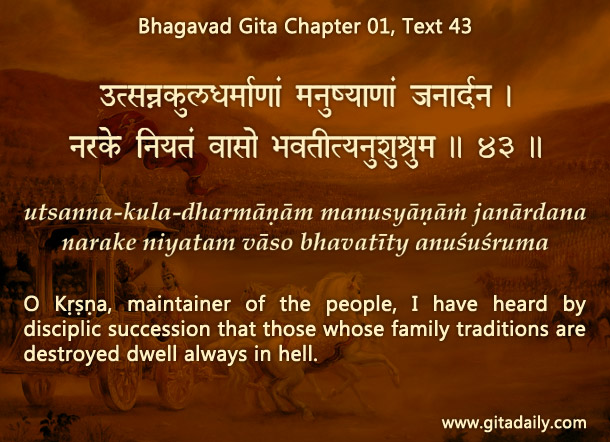

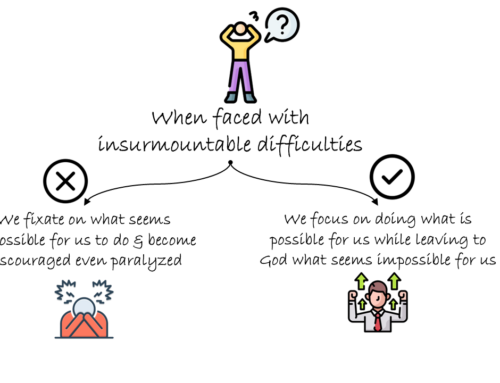

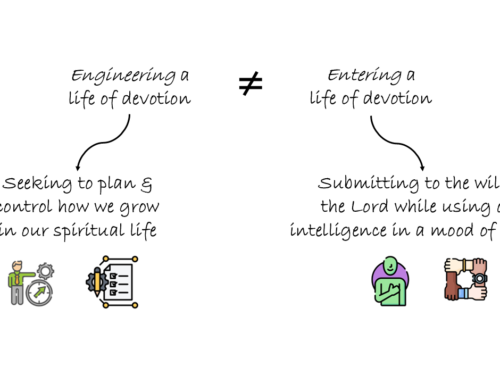

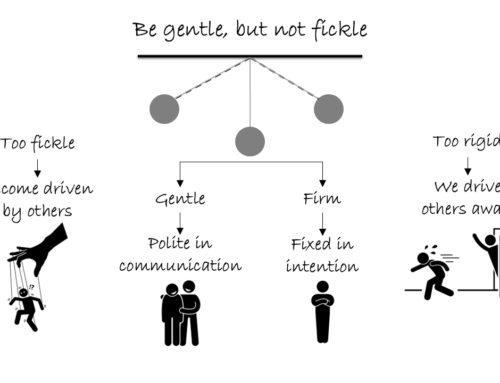
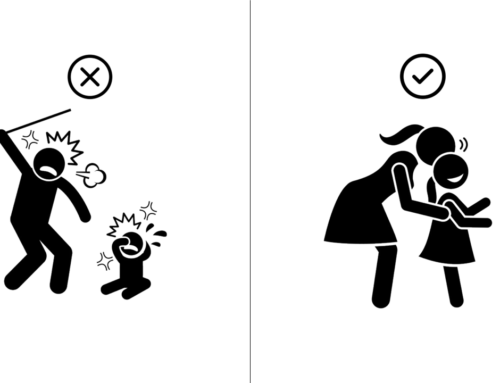
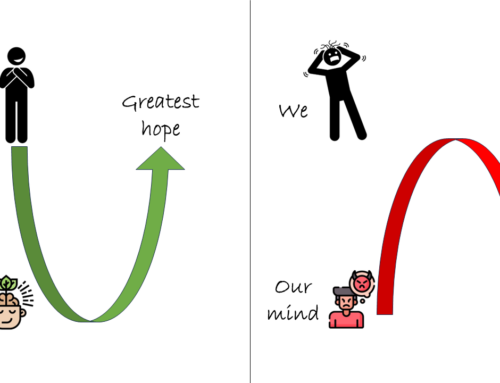

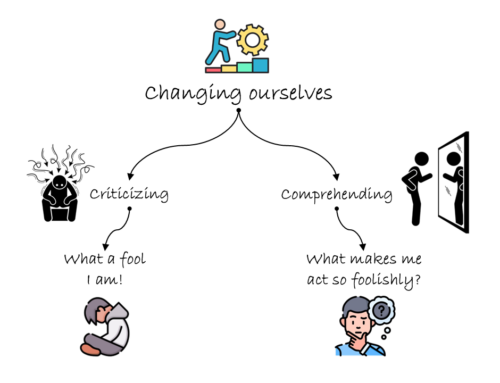
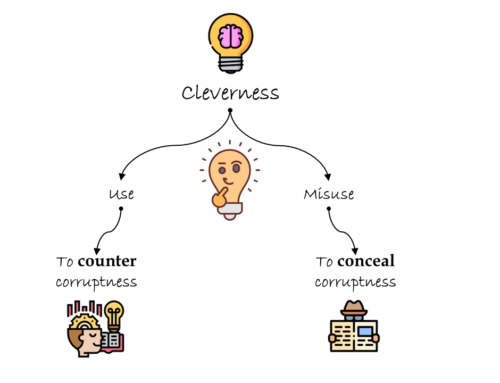

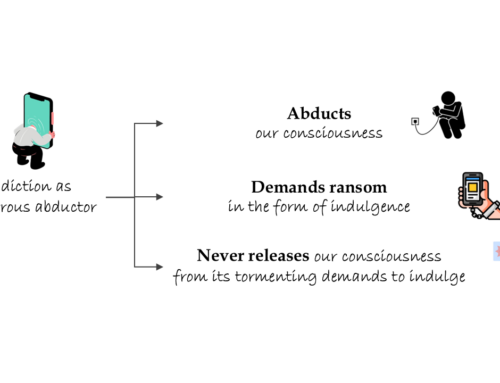
O Krishna, maintainer of the people…? Isn`t this addressing just wonderful?
…The term Prāyaścitta, and variations such as Prāyaścitti, appear in the Vedic literature.[9] However, in some instances such as in Taittiriya Samhita verses 2.1.2.4 and 5.1.9.3, these words simply imply “accidental happening or mishap” and associated sense of remorse, and their context has nothing to do with “sin”.[10] In other cases, such as in Taittiriya Samhita 5.3.12.1, the word Prāyaścitti appears with the meaning of expiation for a sin.[10] The error or mistake mentioned in the ancient Hindu texts, such as the Brahmana and Aranyaka layers of Vedic texts, as well as various Sutras and Shastras, include those related to ritual procedure such as letting the altar fire go out, or unintentional breaking a cooking pot, or an intentional inappropriate conduct, and any range of events where a person feels remorseful.[9]
A generic definition of Prāyaścitta in the Sruti texts is provided by Shabara in his commentary on Mimamsasutra 12.3.16. He states that they are of two types. One category of Prāyaścitta are those to correct anything ritual-related that emerges from one’s neglect or heedlessness, while the others are atonement for “not doing what one must” or “doing what one must not”.[9]
Most sources state the word Prāyaścitta originates from Prāya and citta, which Kane states respectively mean “austerity” and “a resolve”.[11] However, some Indian scholars such as Hemadri state that Prāya implies destruction, while citta implies “joining together”, or “joining together what was destroyed”, making good what was lost.[11] A third derivation for the word is in Samavidhana Brahmana, where it is composed of pra, ayah and citta, which translates to “observances after knowing a certain thing has happened”.[11] Yet a fourth definition ties it to sin, wherein it is asserted to be composed of Prayata and Cita (as in Upacita), and here it means “actions that destroy sins”.[11] A sin (pāpa) or Adharma (not dharma), is any transgression, wrongdoing, misdeed or behavior inconsistent with Dharma.[12] The word is also used in Hindu texts to refer to actions to expiate one’s errors or sins, such as adultery by a married person.[13][14]
Some scholarly literature spell Prāyaścitta without diacritic as Prayascitta or Prayashchitta.[15][16]
Source – Wikipedia
Interesting comment.